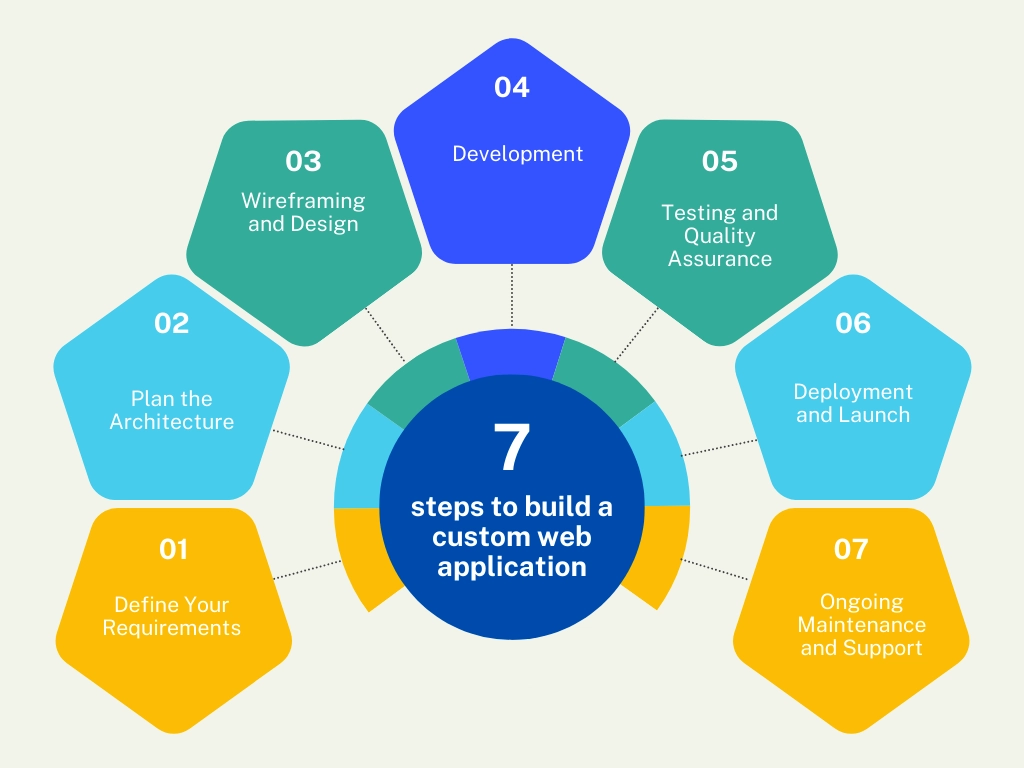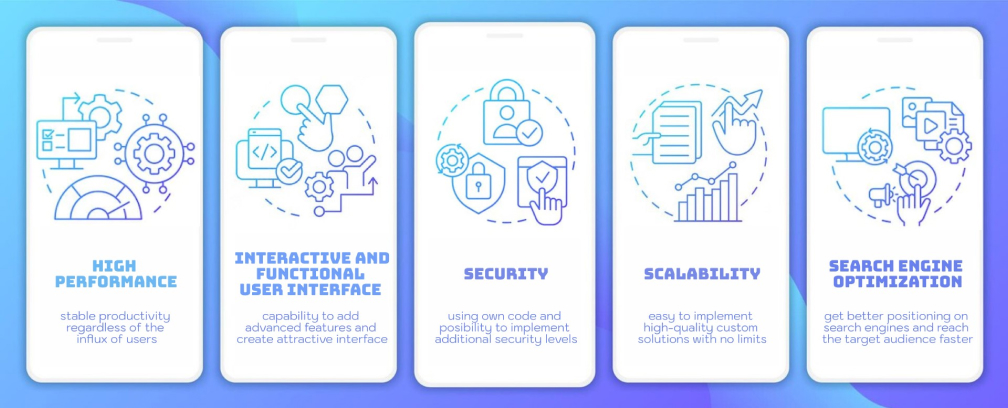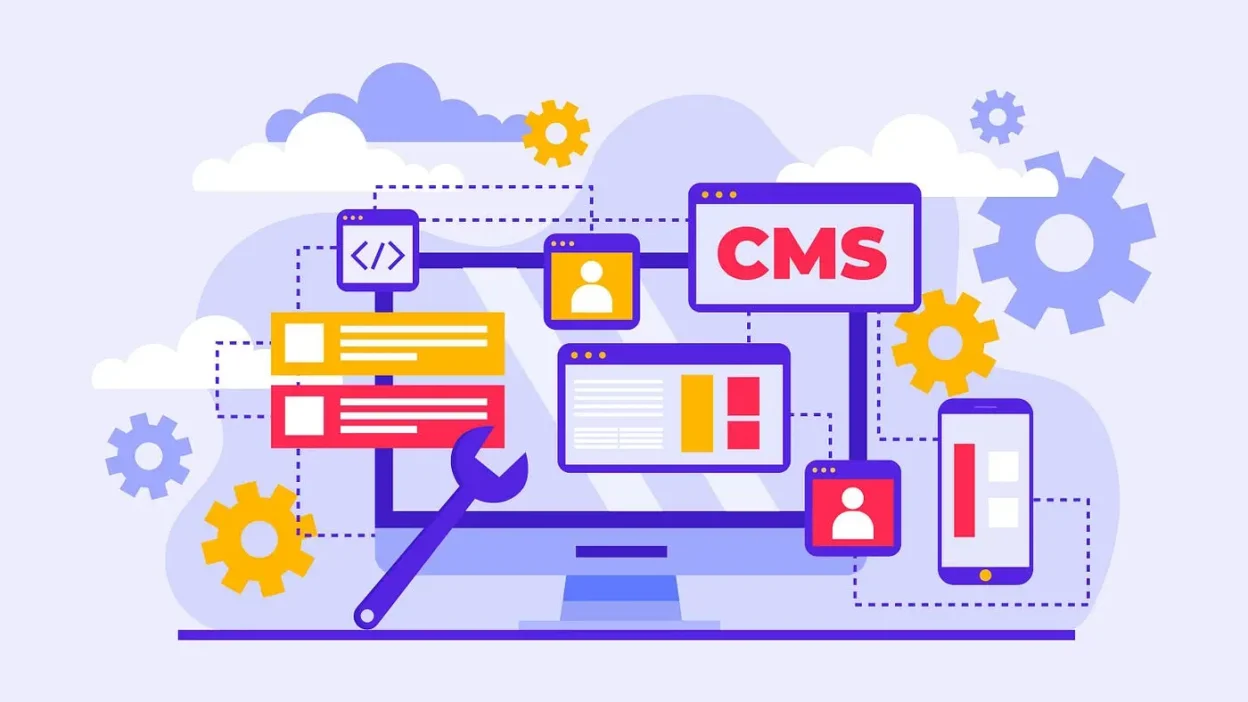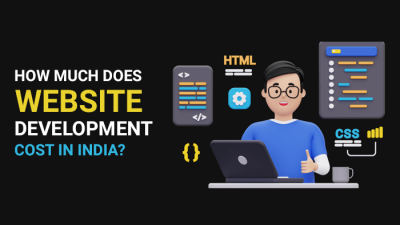Introduction
In today’s digital-first world, having a website is non-negotiable. But when it comes to building one, the choice between Custom Website Development Over a CMS like WordPress, Wix, or Squarespace and opting for custom website development can be a pivotal decision.
CMS platforms offer convenience, speed, and affordability. Custom development, on the other hand, provides flexibility, scalability, and complete control. So, when should you choose custom website development over a CMS?
This blog explores the key differences, advantages, and scenarios where custom development is the smarter choice—helping you make an informed decision based on your business goals, technical needs, and long-term vision.
1. Understanding the Basics
What Is a CMS?
A CMS is a platform that allows users to create, manage, and modify digital content without needing to write code. Popular CMS platforms include:
- WordPress
- Joomla
- Drupal
- Wix
- Squarespace
They come with pre-built templates, plugins, and user-friendly interfaces.
What Is Custom Website Development?
Custom development involves building a website from the ground up using programming languages like HTML, CSS, JavaScript, PHP, or frameworks like React, Laravel, or Django. It’s tailored to specific business needs and doesn’t rely on pre-built systems.
2. Key Differences Between CMS and Custom Development
| Feature | CMS | Custom Development |
|---|---|---|
| Speed of Deployment | Fast | Slower |
| Cost | Lower upfront | Higher upfront |
| Flexibility | Limited by platform | Unlimited |
| Scalability | Moderate | High |
| Security | Depends on plugins | Fully controllable |
| Performance | Can be bloated | Optimized for needs |
| Maintenance | Easier | Requires developer support |
3. When to Choose Custom Website Development
1. You Need Unique Functionality
If your website requires features that go beyond what CMS plugins offer—such as custom workflows, integrations, or user roles—custom development is the way to go.
Examples:
- A booking system with dynamic pricing
- A multi-vendor marketplace
- A custom learning management system (LMS)
2. You Want Full Control Over Design and UX
CMS themes can be restrictive. Custom development allows you to design every pixel and interaction to match your brand and user experience goals.
Benefits:
- Tailored UI/UX
- Responsive design across devices
- Accessibility compliance

3. You’re Building a Scalable Web Application
CMS platforms are great for small to medium websites, but they struggle with complex applications.
Use Cases:
- SaaS platforms
- Internal business tools
- Custom dashboards
4. You Need Advanced Security
CMS platforms are frequent targets for hackers due to their popularity and plugin vulnerabilities. Custom development allows you to implement security best practices from the ground up.
Security Features:
- Role-based access control
- Data encryption
- Custom authentication systems
5. You Want Optimized Performance
Custom websites can be built with lean code, optimized queries, and minimal dependencies—resulting in faster load times and better performance.
Performance Gains:
- Reduced server load
- Faster page rendering
- Better Core Web Vitals scores
6. You’re Building a Long-Term Digital Product
If your website is central to your business model, investing in custom development ensures long-term flexibility and growth.
Examples:
- Subscription platforms
- Custom CRM or ERP systems
- Data-driven applications
4. When a CMS Might Be Enough
1. You Need a Simple Website Quickly
CMS platforms are ideal for launching basic websites fast—like blogs, portfolios, or landing pages.
2. You Have a Limited Budget
Custom development can be expensive. CMS platforms offer affordable plans and free themes/plugins.
3. You Don’t Have Technical Resources
CMS platforms are designed for non-technical users. If you don’t have access to developers, a CMS is more manageable.
4. You’re Testing an Idea
For MVPs or prototypes, a CMS can help validate your concept before investing in custom development.

5. Cost Comparison
CMS Costs
- Hosting: $5–$30/month
- Premium theme: $30–$100 (one-time)
- Plugins: Free to $200/year
- Maintenance: Minimal
Custom Development Costs
- Design: $500–$5,000+
- Development: $2,000–$50,000+
- Hosting: $20–$100/month
- Maintenance: Ongoing developer support
While custom development has higher upfront costs, it can save money long-term by reducing plugin dependencies and offering better performance.
6. SEO and Marketing Considerations
CMS SEO
- Plugins like Yoast or Rank Math simplify optimization.
- Limited control over technical SEO.
Custom SEO
- Full control over metadata, schema, and site structure.
- Better performance and Core Web Vitals scores.
Custom development allows for deeper integration with marketing tools and analytics platforms.

7. Maintenance and Updates
CMS
- Regular updates to core, themes, and plugins.
- Risk of compatibility issues.
Custom Development
- Controlled update cycles.
- Requires developer oversight.
Custom sites offer stability but need ongoing support.
8. Case Studies
Case Study 1: E-commerce Platform
A fashion brand needed a custom checkout flow, inventory system, and CRM integration. WordPress + WooCommerce couldn’t handle the complexity. A custom Laravel-based solution delivered better performance and scalability.
Case Study 2: Portfolio Website
A freelance designer needed a simple, elegant site. WordPress with Elementor provided everything needed—no custom development required.
Case Study 3: SaaS Dashboard
A startup built a subscription-based analytics tool. Custom development with React and Node.js enabled real-time data visualization and user management.
9. Questions to Ask Before Choosing
- What are your business goals?
- What features do you need?
- What’s your budget and timeline?
- Do you have access to developers?
- How important is scalability and performance?
Answering these questions will help you determine the right path.
Conclusion
Choosing between custom website development and a CMS depends on your specific needs, resources, and long-term goals. CMS platforms offer speed and simplicity, while custom development provides flexibility, scalability, and control.
If your website is central to your business model, requires unique functionality, or needs to scale over time, custom development is likely the better investment. For simpler projects or quick launches, a CMS may be more practical.
Ultimately, the best choice is the one that aligns with your vision, budget, and growth strategy.





